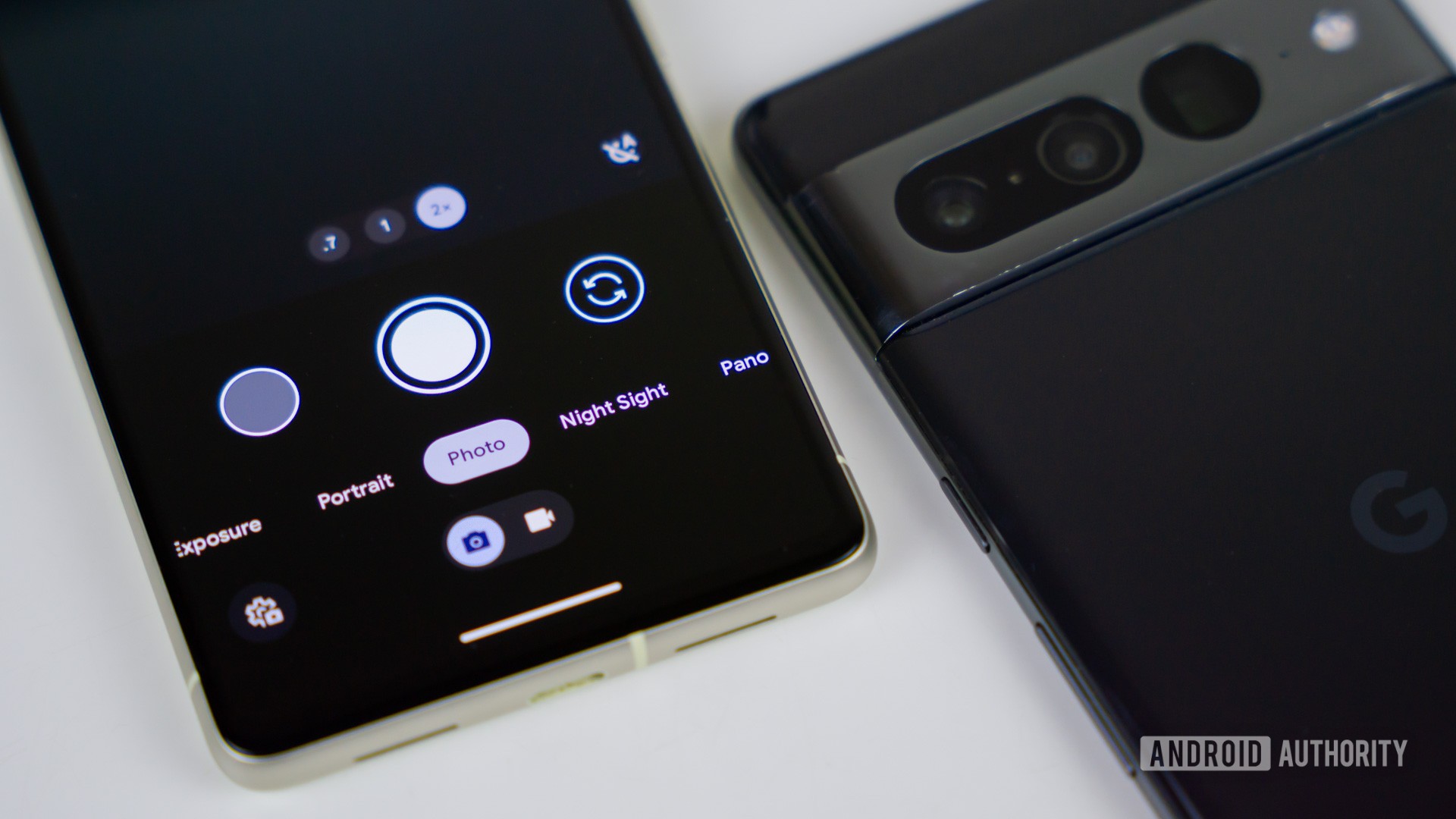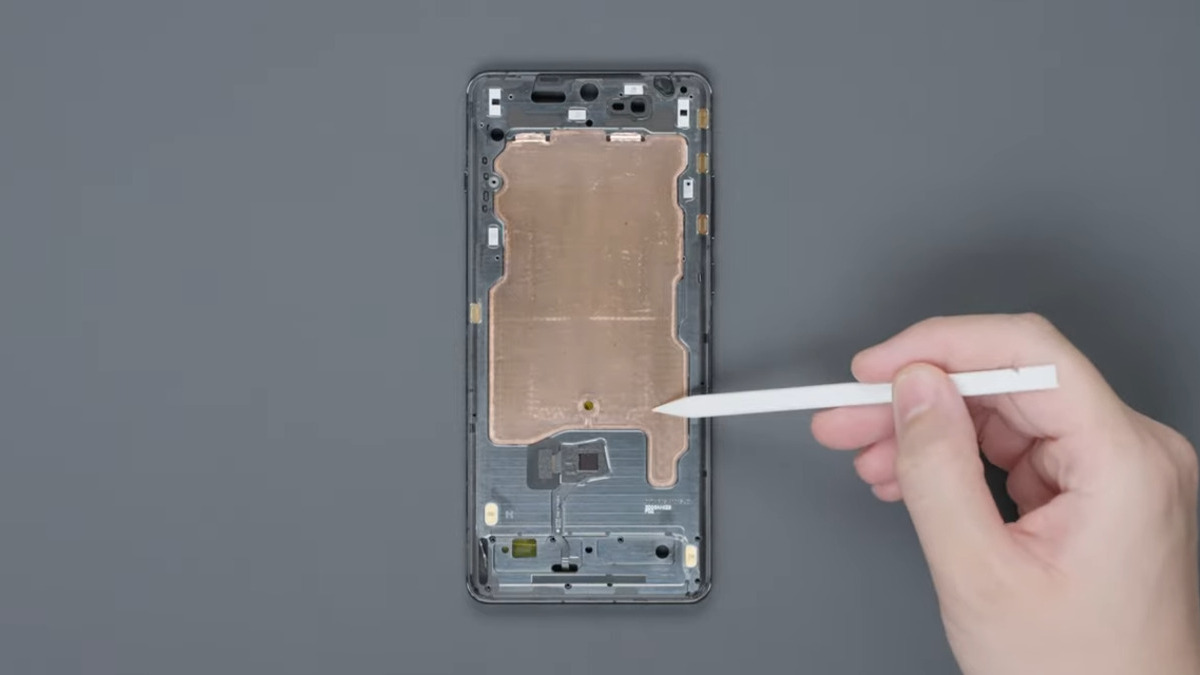Affiliate links on Android Authority may earn us a commission. Learn more.
Don't shut down my phone, Google, get those temps under control!
July 5, 2024

Despite their benefits, Google’s Tensor-powered handsets, like the Pixel 8 series, have long been known for running hot and heating up faster than rival devices. I know it’s anecdotal, but on several occasions, my Pixel 7 Pro has become so hot it issued a device heating alert and, on one of these occasions, the Pixel told me that the camera flash and camera zoom stabilization were disabled. The phone even issued a heating alert on a summer day when recording several minutes of 4K/30fps video (never mind 4K/60fps).
By contrast, I don’t think I ever saw heating warnings on my old HUAWEI Mate 20 Pro, and that phone only ever got warm when fast charging or playing demanding games.
Recently uncovered evidence by Android Authority shows that Google is working on an Adaptive Thermal feature that sounds like an answer to this issue, but upon further inspection isn’t actually a real solution to the overheating problem.
Does your Pixel suffer from over-heating?
A band-aid on a broken leg

Google’s Adaptive Thermal feature seems pretty neat on its own merits. It dishes out various steps users can take to reduce heating. These tips include killing demanding apps, keeping your phone out of the sun, and leaving your phone out in the open for improved airflow. You might have already seen similar notifications on other handsets.
It looks like the feature might also tell users about other precautions that will automatically be taken upon overheating, namely disabling 5G connectivity and throttling performance. That’s clearly much more drastic.
This seems like a sensible addition to any of the best Android phones, giving users some guidance and tips when faced with a hot device. Unfortunately, it doesn’t actually address the issue of my Pixel phone heating up in the first place.
It’s a bit like having a car with poor fuel economy, and then the automaker decides to send you hypermiling tips when you’re low on fuel. Do you know what would be better? A car that doesn’t guzzle fuel.
What should Google be doing instead?

Instead of merely offering tips on how to avoid Pixels overheating, Google also needs to tackle the main suspected cause of the issue —its own Tensor processors.
Google could take several routes here, most notably improving the design and/or efficiency of its smartphone processors. And yes, the Pixel 8’s Tensor G3 is better than its predecessors, but there’s still room for improvement. Alternatively, it could adopt a more comprehensive cooling solution.
A more efficient chip or better cooling wouldn't need this software band-aid.
We’ve seen several rival brands offer impressive built-in cooling systems for their phones. We’re not talking about cooling fans, either; Companies like ASUS, OnePlus, and others have touted solutions like larger vapor chambers, dual vapor chambers, large graphite cooling sheets, and/or other exotic cooling materials.
Things should get better next year
Google can’t rely on software alone as a band-aid for inadequate hardware, and it seems like the company is aware of this.
The Pixel 8 Pro already runs a little cooler than its predecessors. Teardowns of the phone show what appears to be a larger, thicker graphite cooling sheet than the one seen in the Pixel 7 Pro. This suggests that Google is indeed taking cooling a little more seriously.
Things are also looking up in the longer term. Android Authority found strong evidence that the Pixel 10’s Tensor G5 chip would be manufactured by TSMC instead of Samsung Foundry. TSMC-made chips have historically enjoyed a performance and efficiency advantage over Samsung-manufactured chips, so it’s a safe bet that a TSMC-made Tensor G5 would be cooler and more power-efficient than the current crop of Pixel and Samsung processors.
Regardless of what method it employs, we hope Google keeps taking device heating seriously and try to avoid it instead of remedying it with this limited Adaptive Thermal feature. This will become even more important once Pixels are required to do more on-device processing and computations for their next AI tricks and features.
Thank you for being part of our community. Read our Comment Policy before posting.